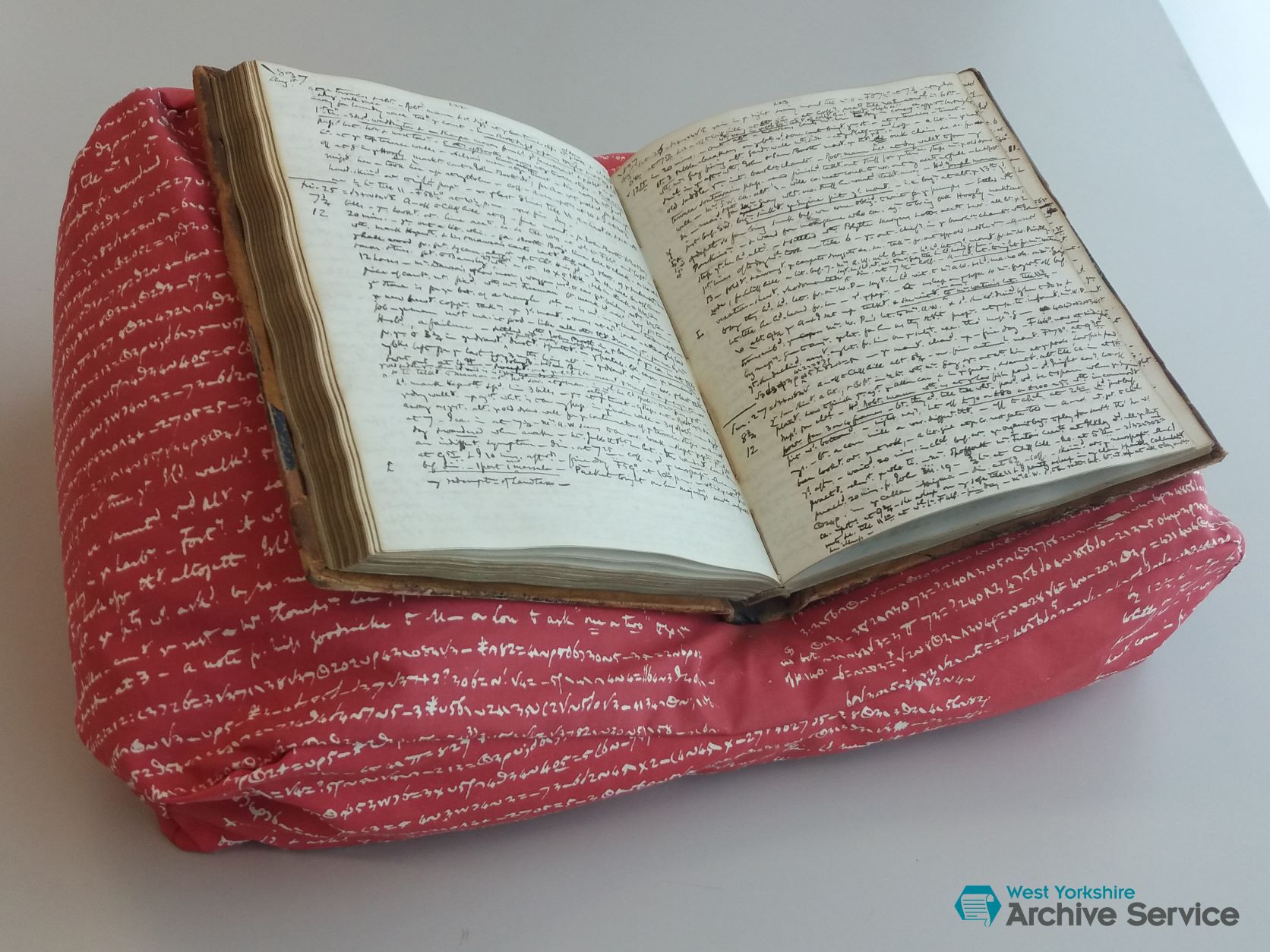Anne Lister was a land owner, business woman, lesbian, diarist and inspiration for the hit BBC/HBO drama Gentleman Jack.
Anne kept diaries from 1806 to her death in 1840. They covered all aspects of her life as a landowner, business woman, traveller and lesbian.
Anne is considered by many to be ‘the first modern lesbian’.
She wrote her diaries systematically in volumes from 1817, aged 26, proposing to write her diary every day. Her diaries comprise of some 7,720 pages or around 5 million words. Bear in mind that about one sixth of the entries written in a code that she created.
In 2011 Anne’s diaries were inscribed in the UNESCO UK Memory of the World Register. This was done in recognition of their substantial cultural significance to the UK.
They are an important resource in the field of Gender Studies and Women’s History. They comprise a wealth of information about politics, business, religion, education, science, travel, local and national events, medicine and health.
Transcribing Anne Lister’s diaries,
From John Lister to the digital age sharing the story of Anne Lister from the 1890s to the present day.
The remarkable life Anne recorded in her diaries was first shared in the 1890s by John Lister. He is a distant relative of Anne’s and the last Lister to inherit Shibden Hall. He began to read and transcribe the diaries. These published instalments in the Halifax Guardian, demonstrated the social and political life in Halifax of the early 1800’s. Unfortunately they spoke nothing of her relationships, as coded passages of the diaries were hiding these entries.
Following John’s death in 1933, the Shibden Hall estate, along with Anne’s diaries and the key to the code, came into the possession of the local council. Early researchers of the diaries, including Muriel Green, used the diaries themselves. With the key to the code they produced chronologies of the diaries and summaries of the coded sections.

Later the diaries, alongside other items in the Shibden Hall collection, were microfilmed. These microfilms were used to provide access to the diaries to preserve the original volumes. Over the years many researchers used them when researching Anne’s life. Helena Whitbread author of ‘The Secret Diaries of Miss Lister’ used our archive. Jill Liddington author of ‘Female Fortune, Land, Gender and Authority’ also used the microfilms. Photocopies of them were provided for researchers to continue their work at home. Though staff at the time recall “having to use some really bad photocopies that were hard to decipher”.
Digitising Anne Lister’s diaries
In 2018, access to the diaries was to improve dramatically. The opportunity for a joint digitisation project between the Archive Service and Calderdale Museums arose. The generous support of Sally Wainwright from the Wellcome Trust Screenwriters FellowshipIt made this possible. The Archive Service set out to digitise every page of Anne’s diaries. It also set out to organise conservation work to help ensure their long term safety.
Townsweb Archiving carried out the digitisation itself, they are a digitisation company who specialise in archival records. Based in a digitisation room at our Leeds Archive office, they carefully worked through the 7,720 pages. High quality digital images in both Jpeg and Tiff file formats are now available to view.
Broader accessibility of the diaries
We were now able to share high quality images of the diary on our online catalogue. These are available for researchers all over the world to see. A far cry from the difficult to decipher microfilm copies, however, there was still one drawback. Approximately 1/6th of the diaries were in code and the diaries had never been fully transcribed. Unless one is able to read her challenging handwriting and decipher her secret code, many details of Anne’s remarkable life remain hidden in the tiny scribbles and symbols she scrawled on the 7,720 pages of her journals.

West Yorkshire Archive Service, Calderdale)
The first series of Gentleman Jack released an explosion of interest in the diaries. The time seemed right to launch our Diary Transcription Project. This project recruited volunteers to transcribe all 7,720 pages of Anne’s diaries. The response was phenomenal. In just a few months after its launch the project had over 180 volunteers from 17 different countries. In 2020, the project was awarded with the ARA Archives Volunteer Award. This was in recognition of the invaluable contributions that its volunteers are making in the outreach of the diaries. They have engaged with a large online community.
Once complete researchers will be able to access the full transcripts of the diaries via the service’s online catalogue. The transcriptions covering the year’s 1806-Apr 1823 are already available.



